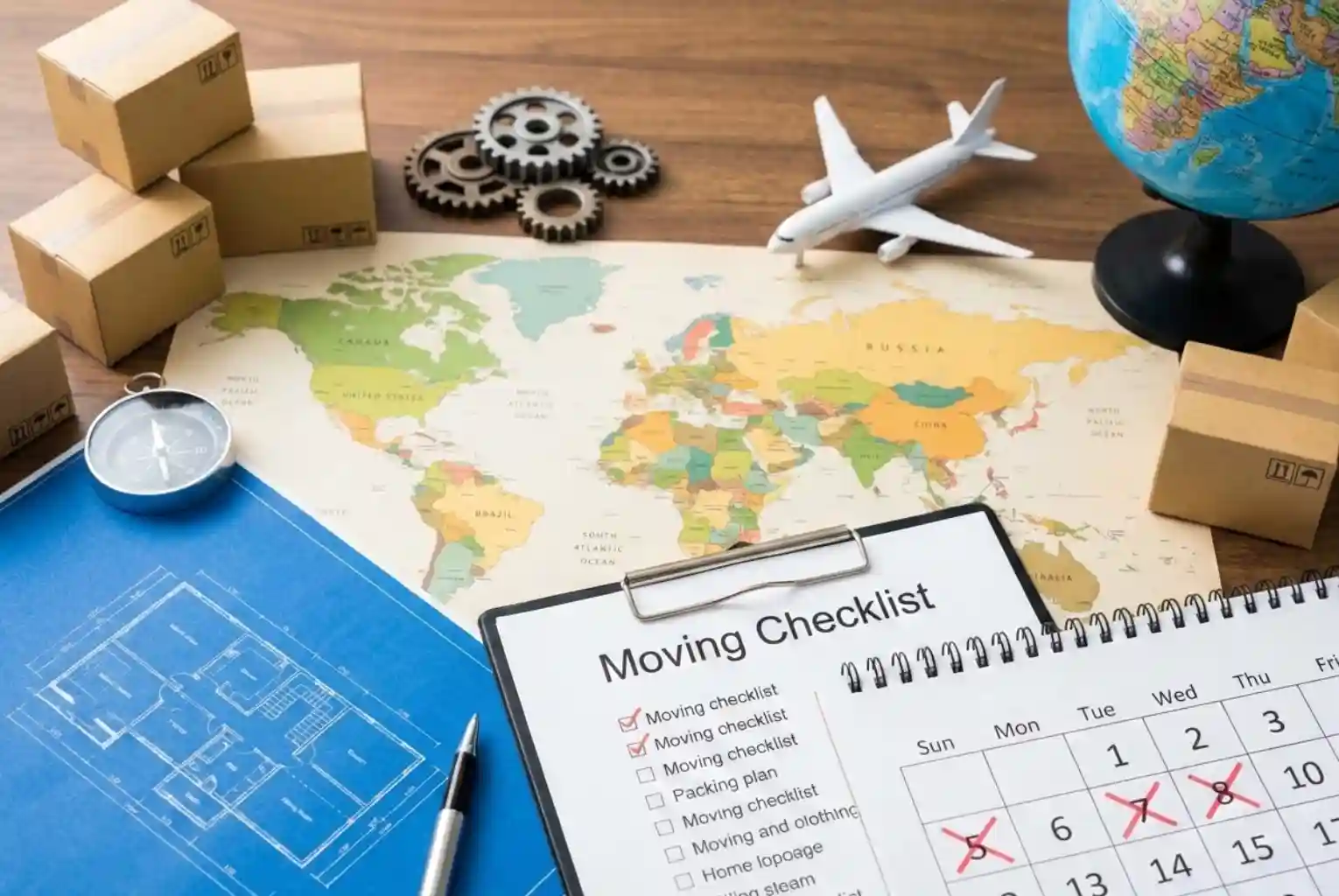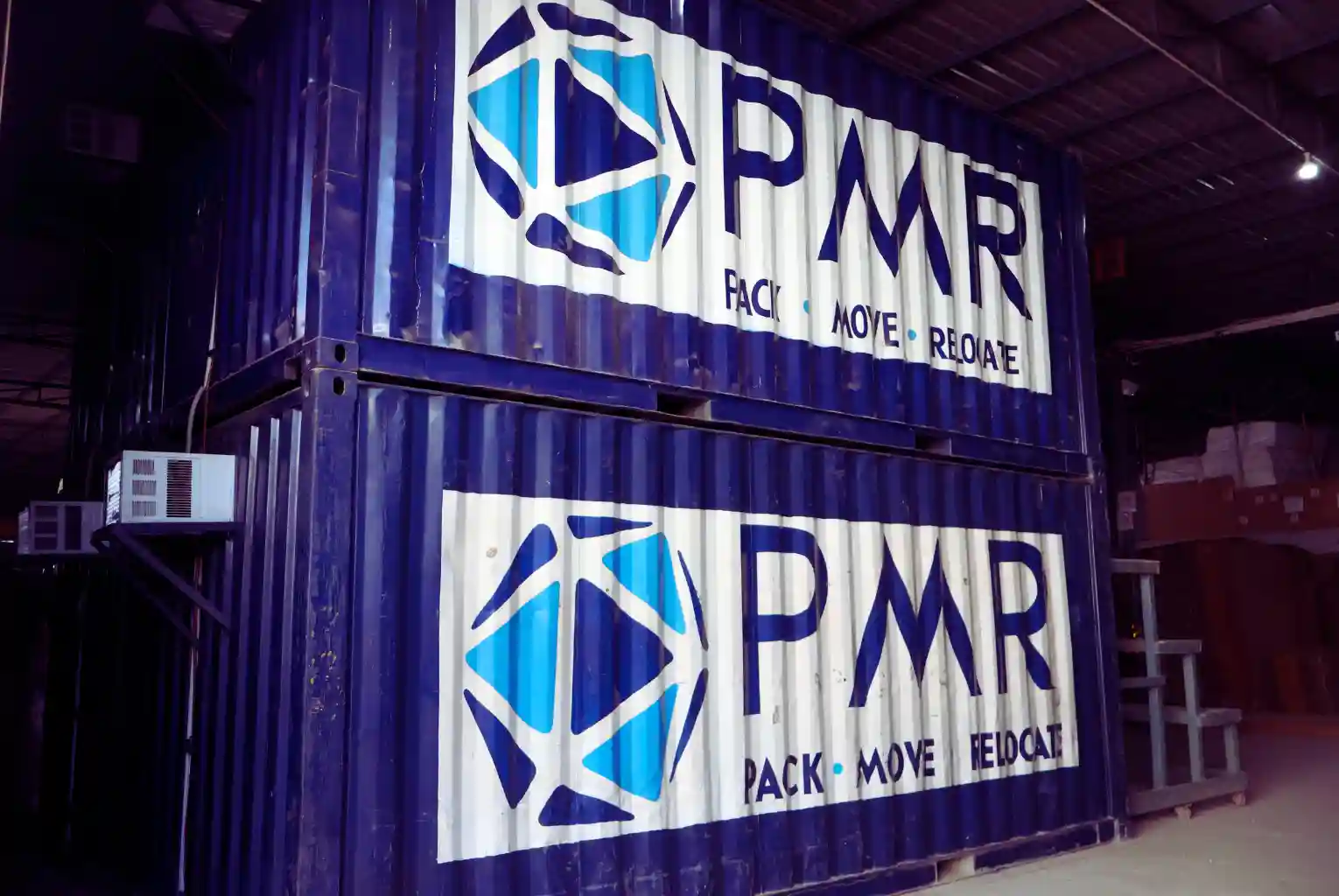CULTURE SHOCK 101: ADJUSTING TO A NEW COUNTRY

Introduction
Moving is an adventure that comes with many rewards. You get to experience a foreign culture, expand your perspectives, and grow in independence. But adjusting to unfamiliar customs, cuisine, language, and values also comes with its fair share of challenges. Nearly everyone experiences some level of culture shock when moving abroad.
Culture shock refers to the sense of disorientation, confusion, and uncertainty you feel when immersed in a new cultural environment. The sights, smells, traditions, and social norms are different than what you are accustomed to. Everything that was familiar was suddenly taken away. Excitement in the early days can shift to irritation and homesickness as you miss your home culture.
The good news is that culture shock is normal and manageable. By understanding the stages of culture shock and having the right coping strategies, you can smoothly transition into any new culture. With an open mindset and some effort integrating locally, the feelings of discomfort give way to a sense of belonging over time.
This comprehensive guide will walk you through the typical stages of culture shock and provide key tips to embrace your new home abroad. We will cover how to combat homesickness, build local relationships, maintain your health and well-being, and immerse yourself in the local language and customs. With the right support and outlook, the adversity of culture shock gives way to personal growth. You develop a global perspective and adaptability that serves you anywhere in the world.
Understanding the Stages of Culture Shock
Experts identify several common stages of culture shock that people go through when moving overseas:
-
The Honeymoon Phase
When you first arrive in a new country, you may be fascinated by all of the new sights, sounds, and experiences. Everything seems exciting and exotic during this honeymoon period. You likely feel optimistic about your move at this stage.
-
Irritability and Frustration
After a few weeks, differences you find charming at first may become tiring or frustrating. You miss familiar foods, social norms, and ways of doing things. The language barrier and unfamiliar bureaucratic processes to complete tasks may test your patience. Feelings of loneliness, homesickness, and irritability are common during this phase.
-
Gradual Adjustment
As you learn more about the language and customs of your new home, you start to feel more comfortable with everyday life. You gain a daily routine, make local friends, and understand cultural differences better. The culture begins to feel less foreign to you.
-
Adaptation and Assimilation
After living in the new culture for several months, you shift from simply coping to finding your place. You feel at ease with local traditions, food, and social norms. While you may still miss your home culture, you feel comfortable and confident living in your new surroundings.
Tips for Adjusting to a New Country
To help you tackle culture shock, here are some key strategies to integrate smoothly into a foreign culture:
-
Learn the Local Language
Make an effort to learn the local language. Even just learning basic phrases helps you interact, build relationships, and complete daily tasks. Being able to read signs, menus, and directions also makes you feel much less isolated and dependent. Enroll in language classes or use language apps to start conversing as soon as possible.
-
Make Local Friends
Surround yourself with local people instead of just expat friends who speak your language. Making local friends helps you understand cultural perspectives and get insider tips for thriving in your new home. Seek out social groups, clubs, or community activities that match your hobbies and interests.
-
Embrace and Observe Cultural Differences
Instead of judging a new culture as right or wrong, observe cultural differences with an open mind. Respect local customs and social etiquette, even if they seem unfamiliar at first. For instance, don't criticize traditions, but aim to understand where they come from. Immersing yourself in cultural activities like local festivals helps you appreciate your new home.
-
Maintain Ties With Home
Stay connected with family and friends back in your home country through technology like video calls and social media. Keeping these social support systems helps with homesickness. But beware of withdrawing from your new culture or constantly comparing it negatively to your home country.
-
Take Care of Yourself
Get sufficient rest, nutrition, and exercise as you adjust. Culture shock is physically and emotionally draining, so caring for your health reduces stress. Maintain hobbies and activities you enjoy to give you a sense of normalcy. Be patient with yourself as you adapt day by day.
-
Seek Help If Needed
If culture shock starts impacting your mental health significantly through feelings like persistent sadness, anxiety, or depression, seek professional help. Counselors who specialize in expat adjustment issues can provide support.
-
Embracing Your New Home
With an open mindset and integration strategies, you can push past culture shock to truly thrive in a new nation. Immerse yourself in the local language and customs. Building a local community and maintaining self-care helps you adjust over time. By understanding the stages of culture shock, you can take comfort that the challenging feelings are a normal part of becoming at home in a foreign place. Gradually, you will feel a sense of belonging in your new culture.
Moving internationally comes with challenges, but the experience of living abroad greatly enriches your perspective. You gain invaluable skills like adaptability, a worldview, and an appreciation for other cultures. With patience and effort, you can make a home for yourself, even thousands of miles from your native land.
If you are considering a move abroad, PMR can help make your international relocation smooth and stress-free. Our global immigration services handle all the logistics so you can focus on adjusting culturally. Contact us today to get started on your overseas move.
Our Blogs

WHY SUCCESSFUL RELOCATION DEPENDS MORE ON RELOCATION PLANNING THAN DISTANCE
Successful relocation is rarely defined by distance—it’s driven by effective planning. From choosing the right storage solutions to coordinating warehouse timelines, smart relocation planning helps protect your belongings, reduce delays, and ensure a seamless transition. Whether it’s short-term storage or long-term warehousing, organized logistics play a critical role in making any move successful.

WHY YOUR BELONGINGS DESERVE A PAUSE: RETHINKING STORAGE AND WAREHOUSING SERVICES DURING RELOCATION
Relocation is not always a seamless door-to-door journey. Delayed handovers, international transit schedules, temporary housing, or sudden changes in plans often create a gap between moving out and moving in. During this uncertain phase, professional storage and warehousing services provide a safe, controlled environment for your belongings. From short-term holding to long-term storage, these solutions ensure your household goods remain protected, organized, and ready for the next step of your relocation—without adding stress to an already complex move.

WHY INTERNATIONAL RELOCATION TIMELINES OFTEN SLIP — AND WHAT YOU CAN DO TO STAY ON TRACK
International relocation timelines often look straightforward on paper—but reality tells a different story. Visa approvals, customs regulations, documentation gaps, port congestion, and coordination between multiple service providers can easily cause unexpected delays. Even small oversights early in the planning stage can snowball into weeks of disruption. This blog breaks down the real reasons why international relocation timelines slip and, more importantly, outlines practical steps you can take to anticipate risks, plan smarter, and keep your global move moving forward without unnecessary stress.



